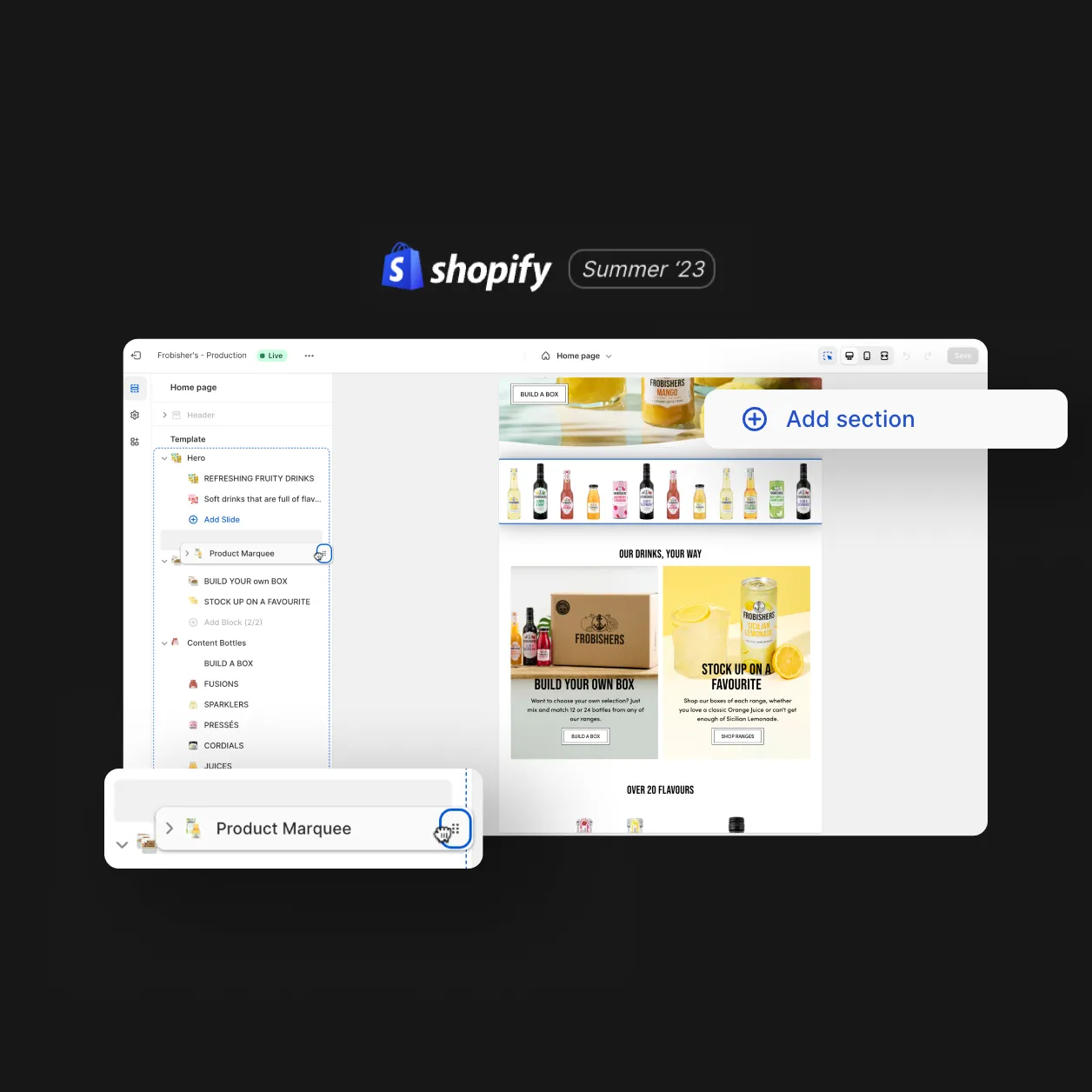
For the past 25 years, search engines have acted as the front door to the internet. The first of these search engines, AltaVista, was quickly overtaken by Google which has maintained its dominant position in most parts of the world – 86% in the UK according to Statista. With revenues of $283bn and a market capitalisation of $1.3trn, Google’s search engine has made Alphabet, its parent company, one of the world’s most valuable companies. But now, there is a new player on the scene – chatbots powered by AI. The fastest-growing consumer application in history, Chatgpt by OpenAI, is leading the field with over 100 million users just two months after its launch.
Chatgpt allows users to access information through typed conversations and has the ability to write essays, summarise text, answer questions, and even pass legal and medical exams. By synthesising information from the web, it offers better results than traditional search engines but with far higher energy requirements. This has led to a wave of new announcements from companies competing in this field, including Microsoft’s new version of Bing that incorporates Chatgpt, Google’s chatbot Bard, and Baidu’s chatbot Ernie.
Are chatbots trustworthy?
The use of chatbots raises questions about their accuracy, trustworthiness, and impact on search and advertising. Chatbots are known to make mistakes and can spread bias and misinformation. They must also be careful around sensitive topics, raising questions about censorship, objectivity, and truth. Companies must also determine how to monetise this technology while still providing objective results, as running a chatbot requires more processing power and reduces margins. The competition in this field also raises concerns about the influence of advertisers on the objectivity of chatbots. If Chatcpt starts providing answers which have been paid for by advertisers, coerced answers will begin to feel like Google’s traditional search model.
Query with caution
Chatbots must also approach sensitive topics with caution. While Chatgpt provides a disclaimer when asked for medical advice, stating that it cannot diagnose specific medical conditions, it still refuses to give advice on dangerous topics such as bomb making. However, its restrictions have proven to be easily bypassed by asking for a story with technical detail. As tech companies determine which topics are too sensitive to be addressed, they will have to make tough decisions about where to set their boundaries. This will bring about questions about censorship, impartiality, and the definition of truth.
Can the tech industry benefit financially from this technology? Openai has introduced a premium version of Chatgpt, which can be accessed quickly even during peak times for a monthly fee of $20. Google and Microsoft, who already monetize their search engines through advertising, plan to display ads alongside the chatbot responses. For instance, if a user asks for travel advice, related advertisements will appear. However, this business model may not be viable in the long run. Operating a chatbot requires more computing power and resources, leading to higher costs and lower profits.
Will chatbots change search revenue generation?
Other revenue strategies may emerge, such as charging advertisers for the privilege of influencing chatbot responses or including links to their websites within the answers. Currently, if a user asks Chatgpt for car recommendations, it will respond with a general statement about various good brands and the need to consider personal preferences. However, future chatbots may be more willing to make specific recommendations. The question remains, will users trust chatbots that have been influenced by advertisers and will they even be able to detect this influence? This opens up another can of complex issues.
The competition aspect raises questions as well. It’s positive that established companies like Google are being challenged by startups like Openai. However, it’s still uncertain whether chatbots will rival search engines or simply enhance them. Initially using chatbots as extensions to search engines or standalone conversational partners is sensible due to their occasional inaccuracies. However, as their abilities improve, chatbots could potentially become the interface for various services such as booking hotels or restaurants, especially if they are offered as voice assistants like Alexa or Siri. If the primary value of chatbots lies in being an additional layer on top of other digital services, it will benefit established companies that already provide those services.
The future of Search Engines
Despite being dominated by large players like Google and Microsoft, the significant investment and attention being paid to upstarts such as Anthropic and Openai suggests that there is still room for competition in the chatbot arena. While smaller firms may face pressure to sell, the possibility of a superior chatbot firm emerging with a new business model and technology cannot be ruled out. After all, this is what Google once accomplished. Chatbots present a number of complex issues, but they also offer an exciting chance to improve the usefulness and accessibility of online information. Like the early days of search engines in the 1990s, the opportunity to become the primary access point to the internet may be up for grabs once again.
Design
Inspiring behaviour change through visual experiences. Our digital design services ensure instant clarity and visuals that cut-through in a cluttered market.




